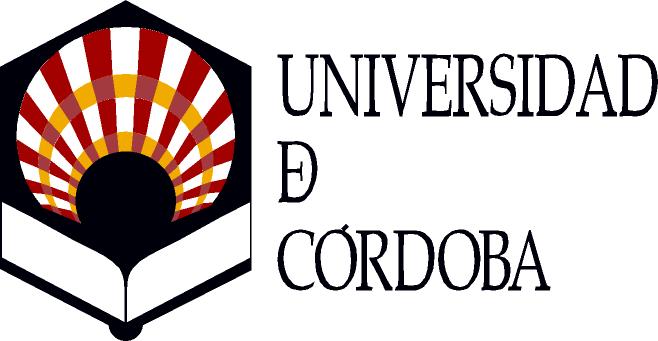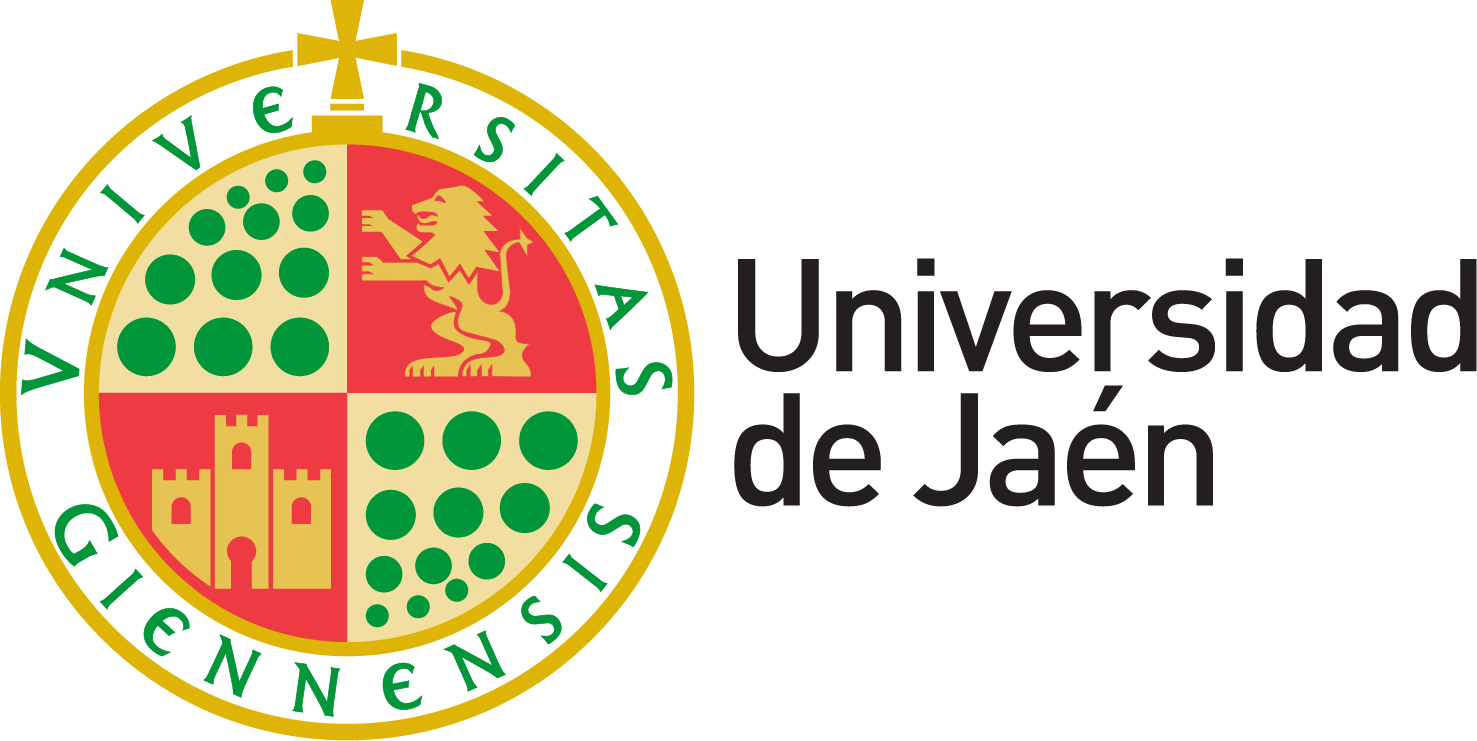The Leibniz Institute for Tropospheric Research is a research institute of the Leibniz Association and internationally renowned in the field of aerosol and cloud research.
For our department Remote Sensing of Atmospheric Processes, we are looking for a motivated and committed graduate student to work on the topic:
Representation of irregularly shaped aerosol particles in optical scattering models
To better understand the effects of aerosols on the atmosphere, the observation and proper characterization of particles is a crucial task. Laser remote sensing systems (atmospheric
lidars) are already successfully applied for the detection and classification of atmospheric aerosol. The most abundant aerosol type in terms of mass is mineral dust, which is emitted from the large deserts. An irregular particle shape is characteristic for mineral dust. Therefore, polarization measurements proved to be essential for the identification of mineral dust particles. An enhanced depolarization ratio is a clear indication for the presence of dust. However, the irregular shape of mineral dust particles is a challenge for optical models. Especially, the scattering properties at the exact backscatter direction are hard to predict but needed for height-resolving remote-sensing observations with lidar. Up to now, there is no comprehensive data set of the scattering properties at 180°, which could be used to test and improve the optical models. The Leibniz Junior Research Group OLALA (Optical Lab for Lidar Applications) aims to fill this gap by constructing a new scattering laboratory specialized in measurements of the depolarization ratio in the exact backscatter direction. The laboratory investigations provide
information on the particle size, shape and refractive index, which will be implemented in optical models.
The PhD project is part of the Leibniz Junior Research Group. The main task of the PhD work will be to incorporate the knowledge gained in the laboratory into the optical models describing
the particle shape. The central question is which complex particle shape best describes the laboratory findings. It is planned to investigate 3 of these models (spheroids, irregularly
shaped particles described with discrete dipole approximation and T-Matrix method) and to develop an improved description of the complex particle shape for global lidar measurements.
Your tasks:
• Description of non-spherical particles using spheroids and more complex particle shapes.
• Collaboration with the originators of the optical particle shape models, including a 3-month secondment to another research institution, most likely the University of Wyoming, USA.
• Evaluation of different optical particle shape models based on the knowledge gained in the laboratory.
• Investigations of the particle shape and its influence on the optical properties with the goal of improved size-shape characterization for remote sensing applications.
• Present results at national and international conferences and in scientific publications.
Your qualifications:
• Master’s degree in physics, mathematics, meteorology or a related field
• Mathematical understanding and enthusiasm for working with models
• Good knowledge of scattering theory
• Interest in laser remote sensing of atmospheric aerosols
• Strong programming skills (Python, Matlab, etc.)
• Fluent written and spoken English
• Basic knowledge of German is advantageous but not required
• Ability to work in a team and to solve problems independently
The ideal starting date would be 1 April 2024, with a fixed term to 30 September 2027.
We offer you an exciting job with a varied activity in an interdisciplinary working environment and a variety of work and family offers as well as flexible working hours and daycare places. The PhD student has the opportunity to join the Leipzig Graduate School for Aerosols, Clouds and Radiation (LGS-CAR), which supports the participation at workshops of the Graduate Academy Leipzig.
The employment is temporary and includes a part-time position with 65%. Remuneration is provided at TV-L pay group 13, including the attractive social benefits of the public sector.
In order to increase the proportion of female employees in scientific and science-related positions, we hereby specifically invite female candidates to apply. People with severe disabilities have priority in the hiring process if they have the same suitability, aptitude, and professional qualifications.
If you are interested, please send your complete and informative application documents (including references) by 10 December 2023, exclusively by e-mail in one coherent PDF document to:
bewerbung@tropos.de
Please contact us if you have any questions regarding this job offer:
Dr. Moritz Haarig, +49 341 27177188, haarig@tropos.de
By submitting the application documents by e-mail, the applicant agrees to the storage/processing of personal data in accordance with Art. 13 DSGVO for the purpose of selection for this job advertisement. The risks of sending documents electronically are hereby pointed out.
You can find more information about TROPOS on the homepage: http://www.tropos.de



